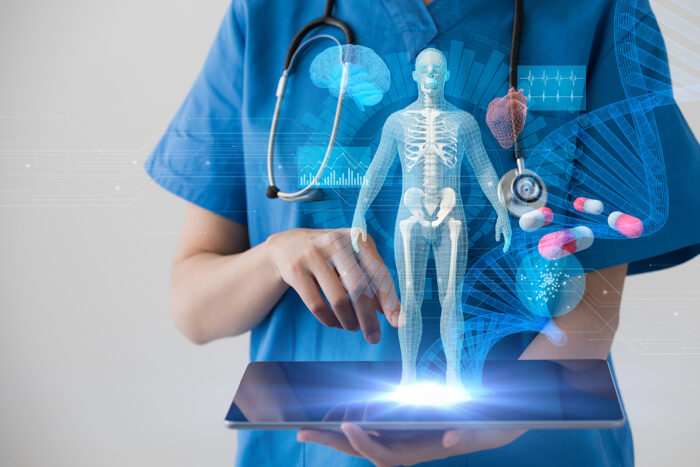Exploring the Benefits of Artificial Intelligence in Healthcare
iSchool + IFML @ UT Austin


AI Health Lab, led by Dr. Ying Ding from the iSchool and Dr. Jon Tamir from the Department of Electrical and Computer Engineering at the University of Texas at Austin, stands as a cornerstone of the newly established Generative AI Center at UT Austin. Our lab is specifically dedicated to revolutionizing healthcare by harnessing the transformative power of AI and Generative AI technologies.
The AI Health Lab unites a dynamic community of scholars, students, and clinical professionals from various disciplines, all driven by a shared passion for advancing AI in healthcare and leveraging AI to reduce health disparities.
Learn More About UsJoin us at the Second Workshop on GenAI for Health: Potential, Trust, and Policy Compliance at NeurIPS 2025 in San Diego
Our Lab is the teaming module co-lead for Bridge2AI Cell Map for AI Data Generation Project
Our lab raised NIH Aim-Ahead funding to use AI/ML interventions for behavioral health crises among black youth
Dr. Ding and Dr. Tamir are hosting an invited talk series about AI in healthcare for the Generative AI Center at UT Austin

Empowering Health with AI: Transforming Care, Advancing Diagnosis, and Bridging Disparities.

Revolutionizing Healthcare: Multimodal AI for Enhanced Decision-Making, Precision Therapy, and Beyond.

Mapping Health Innovation: Powering AI with Comprehensive Knowledge Graphs for Precise, Informed Medical Insights.
Interested in joining our lab? We are always looking for talented individuals to join our team. Fill out the interest form!
Interest Form